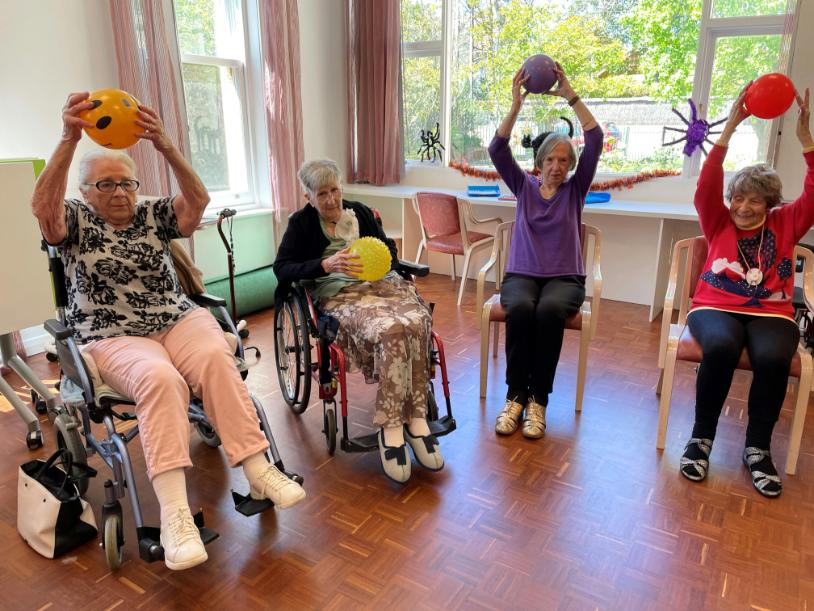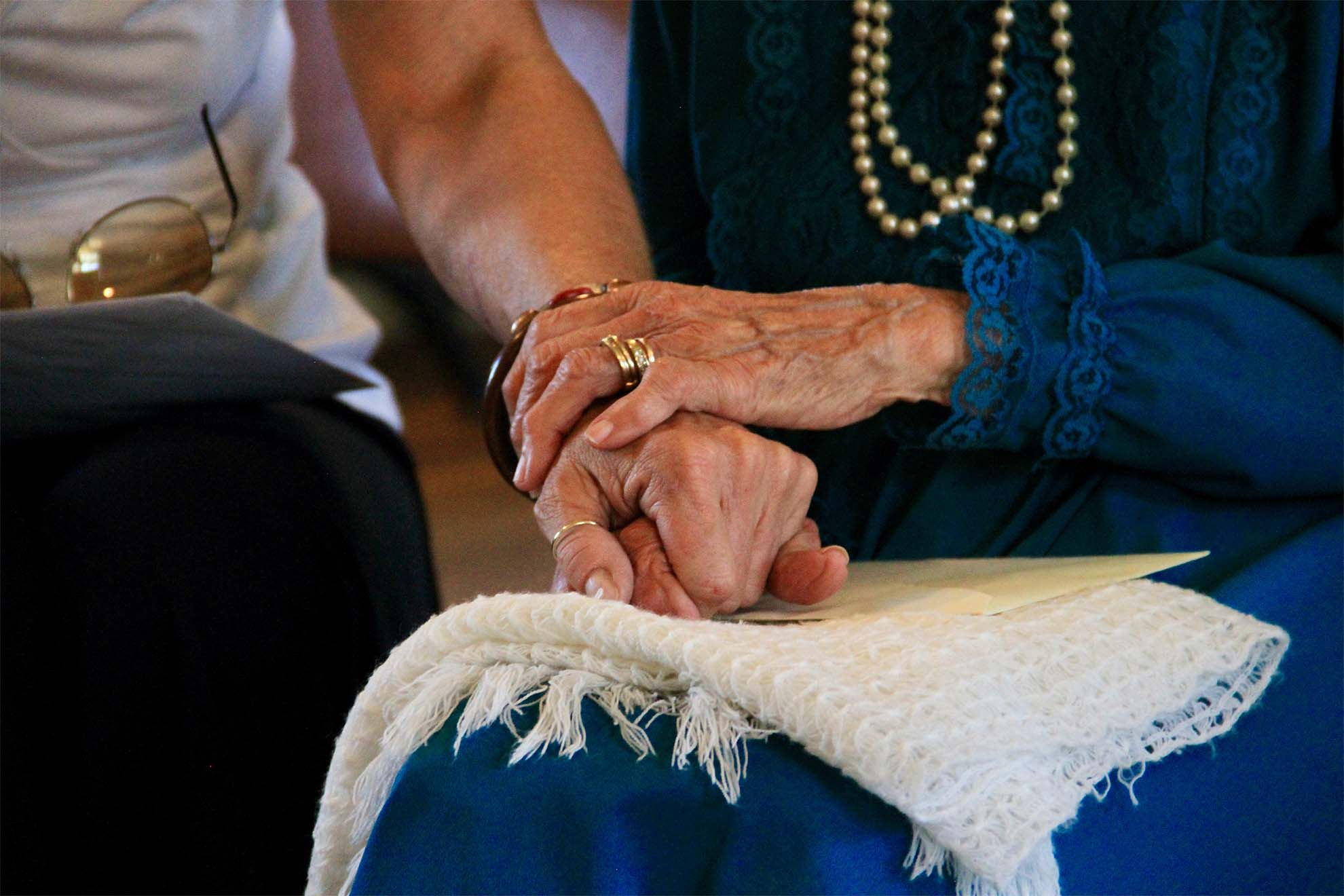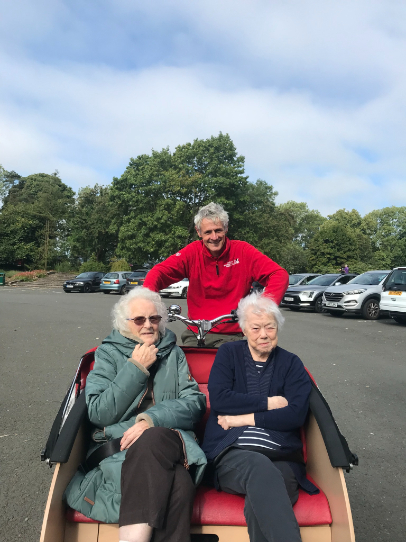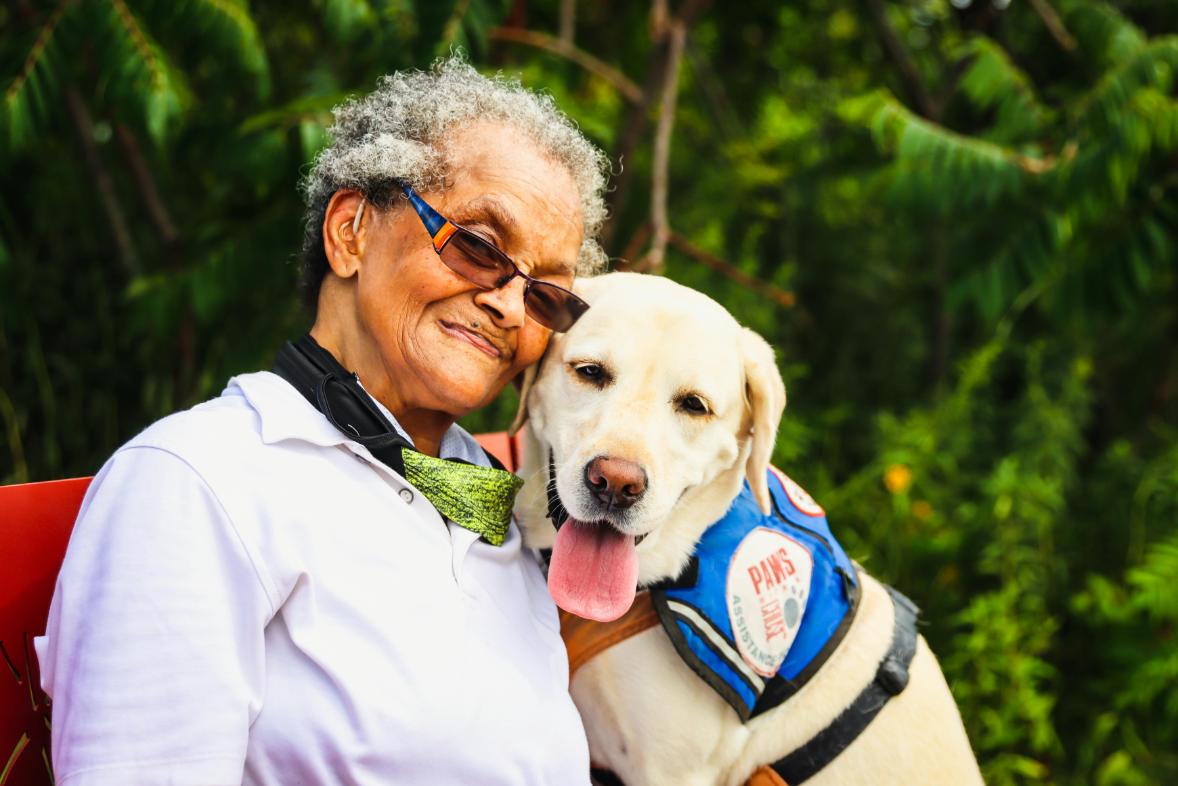The Importance of Dementia-Friendly Activities at Benarty View Care Home

Dementia is a progressive condition that affects not only memory but also a person’s ability to carry out daily activities and engage with the world around them. As dementia progresses, it becomes increasingly important to create an environment that promotes mental and physical wellbeing. One of the most effective ways to improve the quality of life for people living with dementia is through dementia-friendly activities. These activities, which range from physical exercises to creative pursuits, not only help to maintain cognitive function but also enhance self-confidence, improve mood, and reduce feelings of anxiety.
At Benarty View Care Home, we recognise the value of such activities in helping our residents continue to live fulfilling lives. We understand that everyone is unique, and we tailor activities to meet the individual needs of each person living with dementia. By planning meaningful activities that cater to their abilities and life experiences, we provide opportunities for both cognitive stimulation and sensory experiences that foster a sense of purpose and joy.
The Benefits of Dementia-Friendly Activities
Research shows that dementia-friendly activities have numerous benefits for people living with dementia. These activities help maintain mental health, physical health, and overall wellbeing. When activities are adapted to the person’s abilities, they can have a positive impact on both their physical and mental wellbeing.
1. Physical Exercise and Mental Health
Physical activity is one of the most beneficial activities for people living with dementia. Gentle stretching, tai chi, or even a walking group can improve mobility and circulation, which in turn enhances physical health. Research has shown that physical exercise can help reduce symptoms of depression and anxiety, which are common among people with dementia.
Engaging in regular physical activity not only benefits the body but also stimulates the brain. Cognitive stimulation, which includes activities that challenge the brain, is proven to help maintain a person’s cognitive abilities for longer. Physical activity can also improve sleep patterns, which contributes to improved overall wellbeing and reduces agitation in people living with dementia.
2. Creative Activities for Self-Expression
Creative activities such as painting, drawing, and crafting are wonderful ways for individuals with dementia to express themselves. These activities tap into a person’s creativity and provide a sense of achievement and satisfaction. They can evoke memories and emotions, giving people living with dementia the opportunity to connect with their past.
Music therapy, for example, is a highly effective creative activity. Listening to favourite songs or engaging in verbal communication through singing can stimulate memories and create positive experiences. Research shows that music can evoke memories, improve mood, and reduce feelings of anxiety. Personal playlists, featuring familiar tunes, can help trigger recognition and bring comfort to people living with dementia.
Sensory activities such as smelling flowers or feeling different textures are also highly beneficial. Sensory stimulation can help individuals with dementia feel grounded in the present moment, reduce feelings of confusion, and promote relaxation. At Benarty View Care Home, we make use of sensory experiences such as soothing music, contrasting colours, and memory boxes to create a stimulating and calming environment for our residents.
3. Cognitive Stimulation and Mental Wellbeing
Cognitive stimulation activities, such as word games, short stories, and reminiscence therapy, are key components of dementia care. These activities help to stimulate thinking, improve verbal communication, and maintain cognitive function. For example, playing word games can help with language skills, while reminiscing about past experiences can improve memory and self-esteem.
Creating a stimulating environment through regular activities is crucial, as it allows residents to stay mentally engaged and maintain their cognitive abilities for longer. Group activities, like reminiscing or interactive discussions, provide opportunities for social engagement and help people living with dementia feel valued and connected to others.
4. Meaningful and Purposeful Activities
Meaningful activities are those that allow individuals to feel involved in daily life and contribute to a sense of purpose. Involving people living with dementia in activities such as folding laundry or caring for plants helps them maintain a sense of autonomy and dignity. These activities not only provide a sense of accomplishment but also give individuals a chance to maintain their hand-eye coordination and develop a routine.
When activities are personalised to suit the abilities of each person, they become even more meaningful. Family members are encouraged to participate in activity planning, ensuring that activities reflect the person’s past hobbies, preferences, and life experiences. This sense of connection to their own history can boost self-esteem and provide opportunities for self-expression.
5. Reducing Anxiety and Improving Mood
One of the most significant benefits of dementia-friendly activities is their ability to reduce anxiety and improve mood. The later stages of dementia can be particularly challenging, as confusion and agitation can lead to emotional distress. Engaging in soothing activities such as gentle stretching, listening to calming music, or even sensory experiences like tactile stimulation can help reduce anxiety and create a sense of calm.
Activities that involve physical exercise, like walking or tai chi, can also have a positive impact on mood. The endorphins released during exercise promote a feeling of happiness and wellbeing, while the rhythmic nature of walking or stretching can help soothe the mind.
Intergenerational Activities: Connecting Generations for Greater Impact
Another powerful approach to dementia-friendly activities is the inclusion of intergenerational activities. Research shows that interactions between older people and younger generations can benefit both groups. For people living with dementia, spending time with children or young adults can trigger memories, improve mood, and help reduce feelings of isolation.
At Benarty View Care Home, we encourage family members and local schools to take part in activities that bring different generations together. These interactions allow individuals to share experiences, engage in storytelling, and take part in joint activities like arts and crafts or simple games. The positive impact of these intergenerational experiences is evident, as they create moments of joy and foster a deeper sense of community.
Planning for Later Stages of Dementia
As dementia progresses, the types of activities we offer evolve to meet the changing needs of our residents. For those in the later stages of dementia, we focus on sensory-based activities, such as listening to sound clips, looking at photo albums, or engaging with soothing textures. These activities are designed to provide comfort, evoke memories, and promote a sense of security, even when cognitive abilities have diminished.
By understanding the progression of dementia and the individual’s abilities at each stage, we can continue to offer meaningful activities that improve the quality of life. Whether through reminiscence therapy, gentle exercise, or simply spending time with loved ones, we ensure that our residents remain engaged and valued throughout their journey.
Family Support: A Crucial Element of Dementia Care
Family members play a critical role in supporting dementia-friendly activities. By sharing personal memories and preferences, they provide invaluable insight that helps us tailor activities to the unique needs of each resident. Encouraging family involvement in daily activities fosters a sense of continuity, allowing residents to feel more connected to their past and to the people they love.
In addition, family members can participate in group activities, such as memory lane sessions or interactive discussions. This helps to strengthen bonds and creates positive experiences that can be cherished for years to come. It also ensures that family members are actively engaged in their loved one’s care, contributing to a holistic approach to dementia care.
Creating a Dementia-Friendly Environment
A dementia-friendly environment is essential for encouraging participation in activities. At Benarty View Care Home, we ensure that the environment is tailored to meet the needs of people living with dementia. This includes using age-friendly design, contrasting colours, and clear signage to help residents navigate the space. We also provide sensory activities that stimulate the senses and evoke memories, making the environment more engaging and comforting for those with dementia.
By considering the needs of each person and planning activities that cater to their abilities, we can create a space that supports both mental and physical health. From sensory experiences like textured materials and soothing sounds to activities that stimulate cognitive function, every detail contributes to enhancing the lives of those living with dementia.
Supporting Residents at Every Stage of Dementia
At Benarty View Care Home, we believe that dementia care should be person-centred, meaning it’s focused on the individual’s needs, preferences, and abilities. Whether a person is in the early stages of dementia or is in the later stages, we ensure that our activities continue to offer both cognitive stimulation and emotional support. Activities like reminiscing, physical exercise, and engaging in sensory experiences help maintain dignity and encourage self-expression, no matter where a person is in their dementia journey.
We understand that dementia is a deeply personal experience, and our aim is to provide the highest level of care that not only supports physical health but also nurtures the mental wellbeing of each resident. We are dedicated to creating a stimulating, supportive environment that fosters a sense of belonging, boosts self-esteem, and encourages meaningful connections.
Embracing Dementia-Friendly Activities for Better Quality of Life
The importance of dementia-friendly activities cannot be overstated. They provide people living with dementia with the opportunity to maintain their physical and mental health, boost self-esteem, and feel valued. By planning meaningful and stimulating activities, we can support individuals in their daily lives and help them retain their sense of self.
At Benarty View Care Home, we strive to create an environment where people living with dementia can enjoy life to the fullest. Whether it’s through physical exercise, creative pursuits, or reminiscence therapy, we are committed to providing activities that foster wellbeing and support the dignity of every resident. By continuing to embrace dementia-friendly activities, we can help reduce feelings of anxiety, stimulate cognitive function, and ultimately improve the quality of life for those living with dementia.






